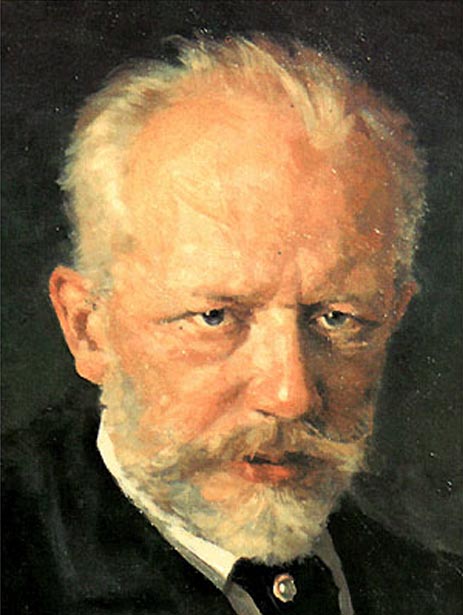

Although the "Mighty Five" had brought Russian music to the world's attention, a younger composer named Pyotr Ilych Tchaikovsky soon eclipsed them all. Tchaikovsky was from a small town in the Russian Empire called Votkinsk, but moved to Saint Petersburg when he was 8, where his father enrolled him in law school. When he was old enough, he took a clerical job in the Russian Ministry of Justice; however, he took piano lessons and continued to develop as a musician.
After hearing a performance of Mozart's "Don Giovanni," Tchaikovsky realized that music was his true passion. In 1862, a prominent pianist named Anton Rubinstein founded the Saint Petersburg Conservatory, in which Tchaikovsky enrolled, giving up his clerical position to study composition and counterpoint. Four years later, Anton Rubinstein recommended Tchaikosvky for a teaching position at the Moscow Conservatory, run by his brother, Nikolai Rubinstein. Tchaikovsky became a professor of music history and composition.
Although the steady income from teaching was a great advantage, Tchaikovsky did not have as much time for composition as he liked. Even so, during his tenure he gained great fame for his Piano Concerto in B♭ Minor, despite the fact that Rubinstein hated it.
Eventually, a wealthy widow named Madame von Meck offered to become Tchaikovsky's patroness, sending him enough money to support him so that he could leave his teaching position and work solely as a composer. Her only condition was that they never meet, which they did not. They did keep up a lively correspondence and Tchaikovsky dedicated his fourth symphony to her.
Tchaikovsky gained great international fame after an 1891 concert tour of the United States. He passed away two years later during a cholera outbreak in Saint Petersburg.
Like Berlioz, Tchaikovsky made some pioneering moves in extended techniques, most notably the use of literal cannons in the 1812 Overture. This piece also incorporates "La Marseillaise" to represent Napoléon's Grand Armée, set against church bells and a hymn called "God Save the Tsar" to represent Russia. When the Communists took over Russia, this melody was taken out of all performances and only returned after the fall of the Soviet Union. He also incorporated Russian folk music into his compositions, such as the "Trepák" dance in the Nutcracker.
Cherubic Hymn
Romeo and Juliet
Piano Concerto in B♭ Minor
Symphony No. 4
The Year 1812 Solemn Overture
Marche Slave
The Nutcracker: Dance of the Sugar Plum Fairies
The Nutcracker: Trepák